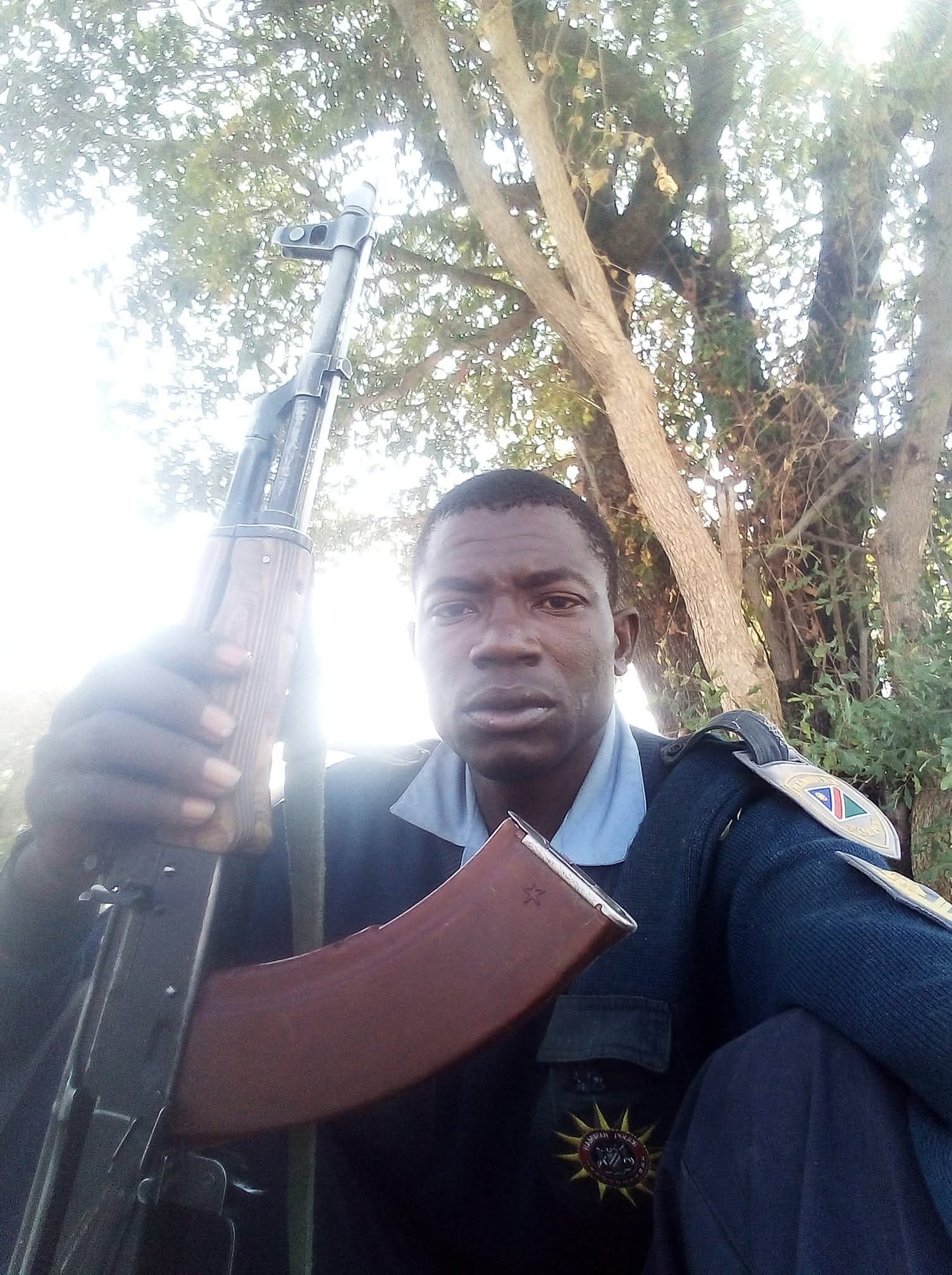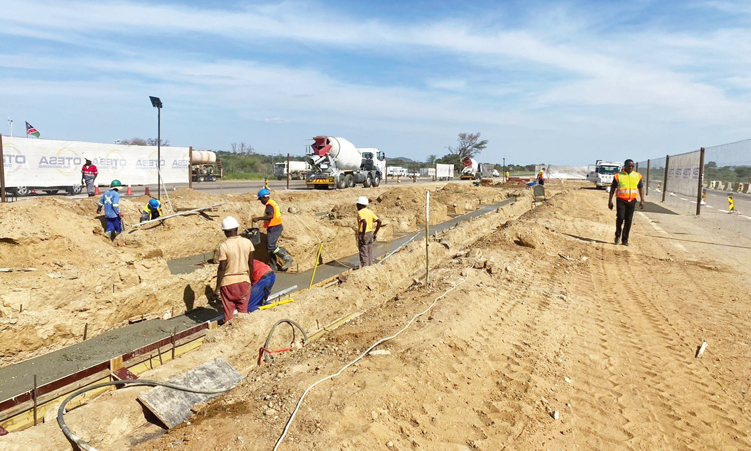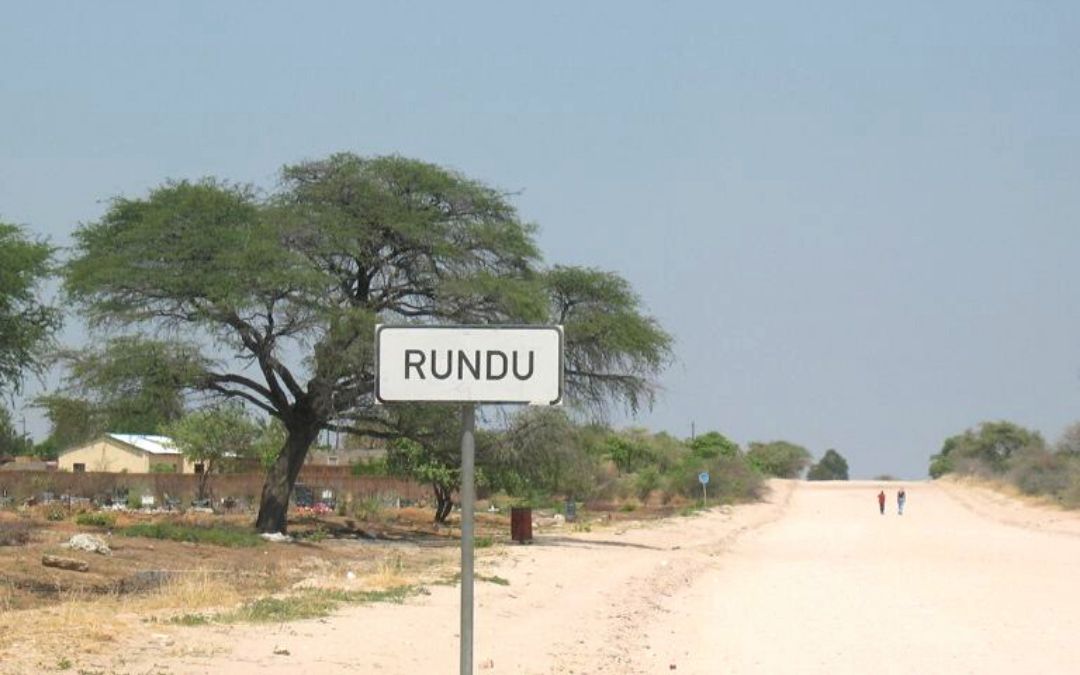CHILDREN are often more traumatised after a court appearance and more care should be taken in dealing with child witnesses, was the opening day message of a week-long workshop at the coast last week.
‘When children go out of the court, they feel more abused because of the harsh treatment they received, because of the inexperience of some of the professionals,’ said Veronica Theron, Control Social Worker in the Ministry of Gender Equality and Child Welfare.
‘Here the wheels come off and the case goes down the drain because the child is not properly prepared, and the experience becomes quite traumatic in itself.’She said existing laws made provision for the protection of vulnerable victims, but if legal professionals did not know this, the court environment could become quite daunting for child witnesses.’We have very progressive and even exciting legislation in place, but there are many gaps in implementing it, and we still have a very far way to go,’ she said.She said those witnesses who were properly prepared were empowered to tell their story and have a ‘good experience’ in court.Theron stated that less than 10 per cent of child abuse cases ended with a conviction. Pointing to the conviction rate, Professor Susan Kreston of the University of the Free State in South Africa, who is conducting the training, said the low conviction rate emboldened perpetrators to continue with their crimes.’The offenders realise they have a very low chance of being convicted, and so they reason that there is a low chance of them being caught too, or arrested, or charged, and so it’s easier for them to continue in their abuse,’ she said.According to her, the legal system was created by adults for adults and usually may result in aggressive courtroom dramas which intimidate child witnesses. ‘A child that is not prepared for this aggression could be crushed, resulting in a case where the alleged offender walks free,’ she said.’Kids need to know what they are being asked, for instance during cross examinations, but if adult language is used, one could just as well speak to them in Italian. There needs to be an interpreter to speak ‘child’, and this is something we would like to emphasise during this course,’ she said.’It’s all about making sure the child understands the questions to give them a reason to answer. This may result in the child having more confidence in the system, and this may result in more convictions,’ she said.Opening the workshop, Nampol’s Chief Crime Investigating Co-ordinator for Erongo, Chief Inspector Charles Sibolele, said 940 rapes were reported in 2008, of which 75 per cent involved children.Magistrates, prosecutors, medical practitioners, Police detectives and social workers attended the workshop at Swakopmund, which dealt with the care and preparation of child and vulnerable witnesses, forensic interviewing, and the role of intermediaries, as main themes.
Stay informed with The Namibian – your source for credible journalism. Get in-depth reporting and opinions for
only N$85 a month. Invest in journalism, invest in democracy –
Subscribe Now!










